There’s generally a common perception around table-top roleplaying games regarding who they are for. They’re for white, male nerds, right? That’s the kind of people who play Dungeons and Dragons. The reality may surprise you…
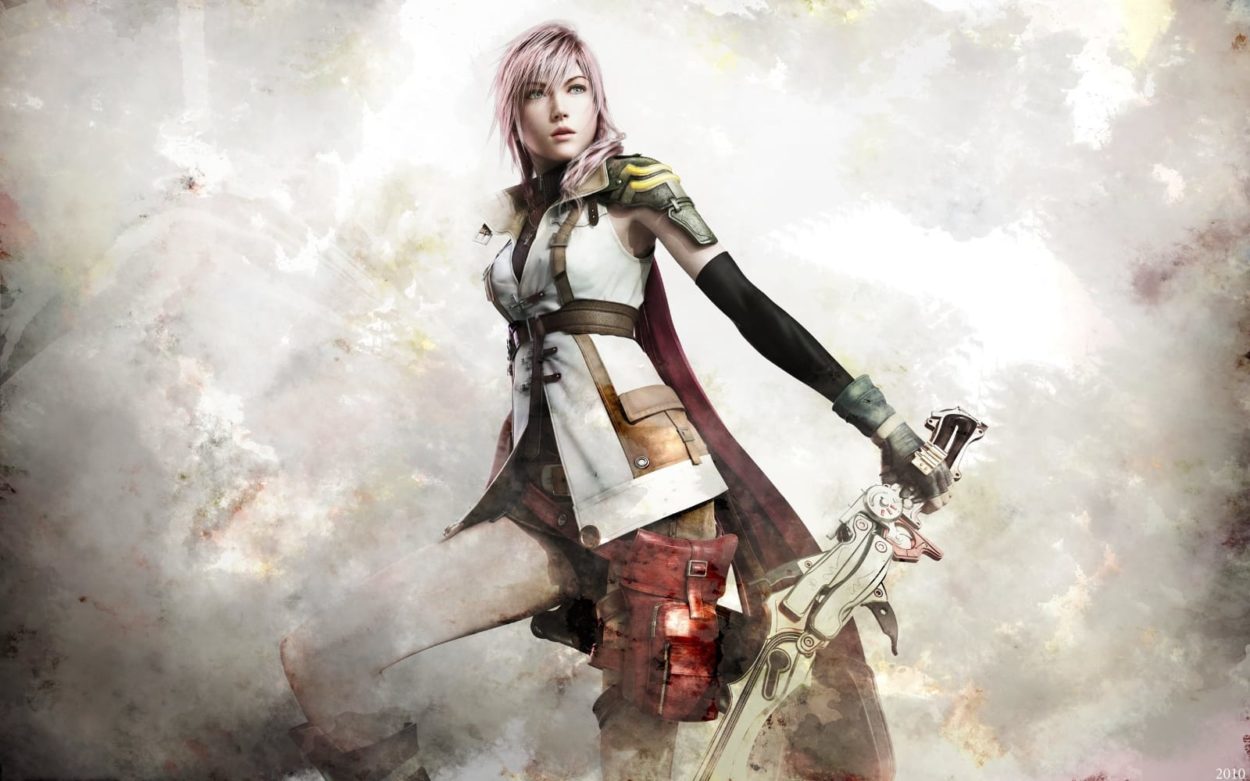
Dungeons and Dragons and Inclusivity
Having joined the community of table-top role-players in Edinburgh earlier this year, I was struck by the diversity of the community. More and more, the D&D community is becoming a home for women/ non-binary folks, people of colour, LGBT players and people with disabilities.
There is an ongoing question, however, of the accessibility of the game. I sat down with two members of the committee for the Grand Edinburgh Adventuring Society, the table-top roleplaying society at the University of Edinburgh, to talk about how the society approaches inclusion at the table: President Emily Booth and Equality and Well-being Officer Vivek Santayana.
Vivek only began playing these games when he moved to the UK. Whilst he has always been fascinated by them, “we never got these games in India because publishers never really export to India and it was really hard to find them.” When he first arrived, he was put off by the above-mentioned stereotype of the average D&D player: “being a person of colour that was particularly alienating to me. That’s why I never really got into GEAS or the hobby properly until some friends of mine mentioned that they were running campaigns and I was talked into coming along and got into a game I really enjoyed with people who really bucked the demographic trend, so that made me feel much more included.”
In contrast, Emily has been playing since she was fourteen years old. “I grew up around a lot of people like that stereotype, which often made it hard to be heard when I was roleplaying. I was the only girl in the game, more girls came over time because I invited them! Eventually the party was me and all my high school friends and it became much more diverse.”
Vivek hopes that players will come to understand overtime people’s behaviour is complicit in structural hierarchies of gatekeeping and exclusion, and I am hoping that people learn to listen and be more sensitive of the differences in the community. “As a person of colour in this hobby, the context was very different for me. If you take an interaction where someone else who has been playing the game for much longer tries to browbeat you by rules lawyering you and arguing about something, under normal circumstances that’s a case of a player being a jerk, that is quite common…but when the reason this person knows this better than me is because they have been playing these games since their age was in the single digits, and I didn’t get the opportunity to do so because I didn’t have access to these games back in my home country, even though they didn’t explicitly make it about race, there is a context of racial hierarchy implied by their behaviour.”
Similarly, Emily describes some of her own experiences with feeling excluded during role-playing games: “Just things like my first character was a female character, and I got some stick from a couple of the guys for choosing to play a girl, and another guy in the group was playing a girl but playing her a little problematically, so I definitely felt a little blocked out to begin with for being a girl, especially a girl who didn’t know very much about table-top roleplaying. That’s why now when I’m in a game with a girl I’m like ‘yes talk up! Keep going!’”
“The one thing that annoys me is when girls are put off because of the imagery in role-playing books – it’s very sexualised. I deliberately play characters who are so off the wall they can’t be stereotyped. I want people to know that they shouldn’t feel put off by the way it’s presented because it’s such a good hobby…don’t be put off by guys who roleplay women in a weird way, because I’ve had that a couple of times where guys play women and they’re very sexualised like… ‘I’m not getting what I want so I’ll get my boobs out.’ Talk to people like that because 9 times out of 10 they don’t realise.”
One of the main policies implemented by GEAS to promote inclusion and players’ wellbeing is the use of content warnings and ‘T cards’, which were implemented by Emily last year when she was Well-Being Officer. During a game, if a player is uncomfortable with the content included, with another players’ behaviour or the direction that the game-play is taking, they can point to a piece of paper with T on it that’s left on the table and game-play will immediately stop. This is a chance to take a break and discuss what’s happening and come to a solution as a group. The society also encourages all Game Masters – people who facilitate games for a group of players – to include content warnings as far as possible. “I introduced the T cards because we’d had a couple of issues of things coming up in games and feeling like ‘I don’t want to interrupt the flow of the game’ was an issue.”
Vivek describes this as a good starting point when it comes to safeguarding player wellbeing: “the T card is great for when something goes wrong and you need intervention, but other tools could be used in situations requiring more subtlety, such as someone not knowing what their triggers are but generally feeling uncomfortable with the situation, it might be more worthwhile to have a conversation beforehand to agree on regular check ins or breaks and discuss what content to avoid.”
What policies are they hoping to put in place? The society has recently voted in a much more comprehensive anti-harassment policy and complaints procedure that has been devised in consultation with YWCA Scotland, EUSA, and other activists from a global network of people in colour in table-top gaming.
Emily recently ran a takeover of the Instagram account for YWCA Scotland to spotlight the contributions of women to tabletop gaming, which can still be viewed on their Instagram page under their highlights (visit @youngwomenscot on Instagram). Events Co-ordinator Robyn Higgins is also organising workshops for Game Masters on game safety and inclusion for all players.
Both agree with me that the target demographic for table-top roleplaying games is changing. Vivek says “A lot more people are playing. Communities are shifting rapidly. There are lots of international collectives of women, people of colour, queer folks, and people with disabilities playing tabletop gaming, loads of communities playing a very active role in improving representation of different demographics in the game content themselves, as well as their presence in the industry, this is something that is heading in the direction of inclusivity and plurality.”
He cites the Dominican writer Junot Diaz, who describes growing up in America as an immigrant, and using Dungeons and Dragons with his friends to create epic narratives in which they could be the heroes for the first time, when all the protagonists in the media they consumed were white. Diaz says “being a bunch of kids of colour in a society that tells us we’re nothing, and to be able to play heroes in an organized way…it was profoundly transformative for us.”
Emily points to the massive growth of actual play content available online these days as impetus for the expanding demographic. “Things like Critical Role and streaming games have made it more accessible. When I started not many people knew what it was. The demographic has definitely grown. We’re on the biggest membership list we’ve had in a decade, and the ratio isn’t perfectly guys to girls but it is the best it’s looked since I started in GEAS. There are more girls than I know the names of now!”
The society is interested in potentially streaming some one shots of their own, though Emily was wary of doing this until she could be sure that women and non-binary folks would be involved. She also tells me about potential plans for International Women’s Day 2020 in which only women and non-binary folks will be encouraged to run games. “A lot of people don’t know that there is this network of women that are roleplaying, so it’s hard to find them but there’s nothing better when you go to stuff like conventions and there are girls there who are very open and excited to be roleplaying because it makes you feel so great about it.”
“When we were at Fresher’s Fair, I made sure there was always a girl on the stall, and we had so many girls who came up to ask about it like “are you welcoming to girls” and I was like “let me tell you.” I ran for President on the platform of I want GEAS to be more inclusive, I want people of all backgrounds, genders, identifications to come and have this safe space to roleplay. That’s the cool thing about roleplaying, it’s your chance to escape and be someone else. You can come into a game and be like ‘I may be socially anxious in real life but here I’m a charismatic halfling bard.’… Look at our committee there are so many cool women on it! I love just like plugging Robyn and Judith, these amazing women, and Logan, our non-binary secretary, they’re so cool!”
When he’s not at GEAS, Vivek is a PhD candidate in English Literature and spends his free time volunteering at mental health charities Health and Mind and CAPS Advocacy. He helped organise the UCU strike at the University that happened recently. Emily is a music student whose composition portfolio is focused on making music more accessible for hearing-impaired people, something she’s also interested in implementing with GEAS. “I owe the society so much, and I wanted to make it so more people could say that, that I’ve got a home here.”


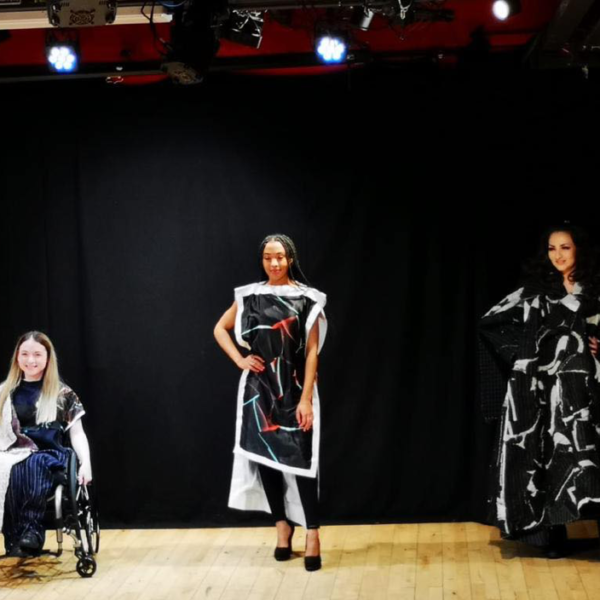
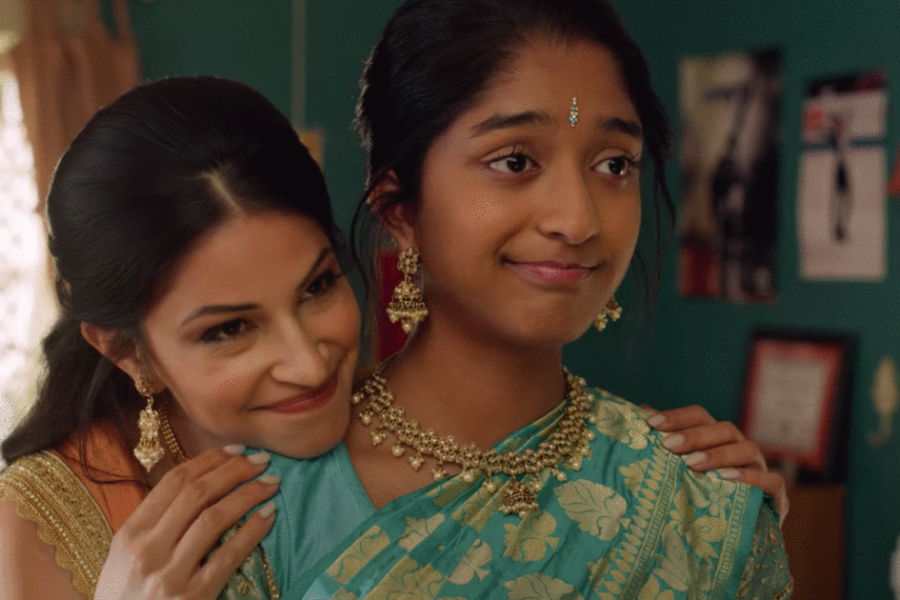
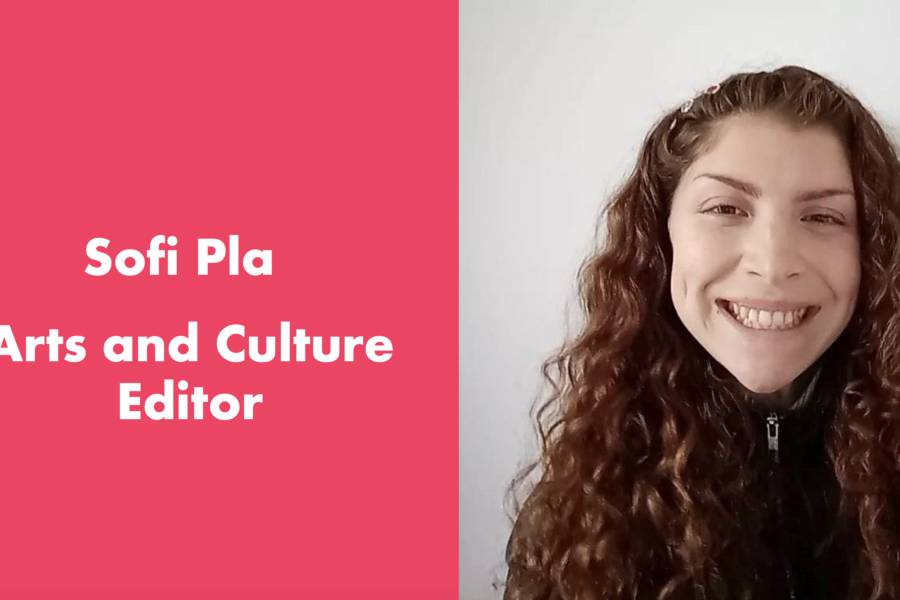
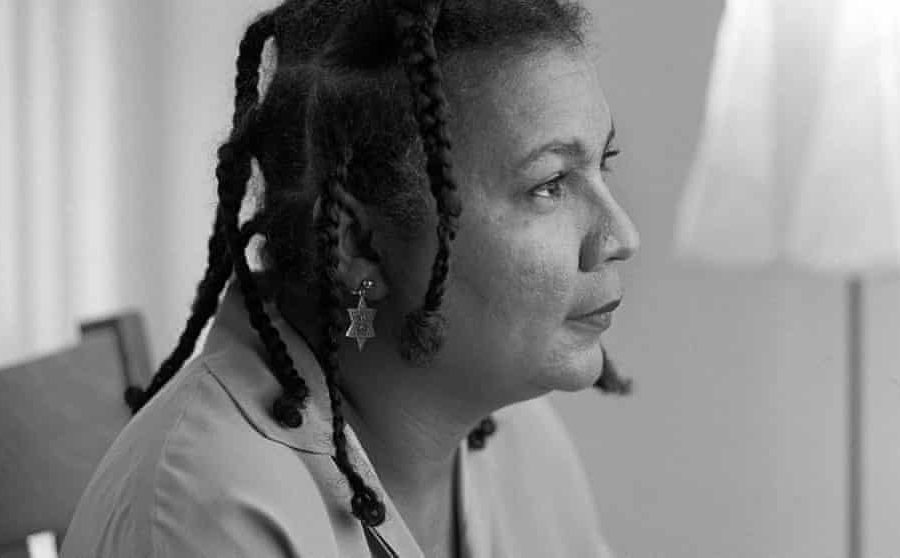
Leave a Comment